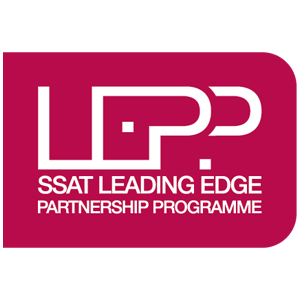By the end of KS3, a student will have a working knowledge of where places area and how physical and human factors impact those places. Students should know key differences between physical and human geography and the core processes (globalisation and erosional processes) that impact these areas. Students begin to develop important geographical and map reading skills that begin to interpret and analyse different sets of data for example, maps and graphs. Finally, students begin to write extended answers to essay questions which consider spatial and time scale and impact on people, the economy, and the environment. This is achieved through topics such as, “continents and cultures”, “amazing islands” and “the almighty dollar”.
Geography
Key Stages 3, 4 & 5 Curriculum
For Geography GCSE, we study the Edexcel B specification. We have chosen this specification because this GCSE course will deepen understanding of geographical processes, illuminate the impact of change and of complex people-environment interactions, highlight the dynamic links and interrelationships between places and environments at different scales, and develop students’ competence in using a wide range of geographical investigative skills and approaches. By the end of Key Stage 4, students should know a range of geographical processes. Physical processes include erosion, transportation, and deposition when considering fluvial geography. In terms of human geography, students should understand the development of countries socially, economically, and environmentally and be able to apply these processes globally as well as domestically. Students should be also regularly and successfully applying knowledge to appropriate exam structure and confidently know what is required to achieve maximum marks when undertaking exams. Students should confidently be able to assess. Core order skills such as explaining and describing will filter down. In addition, students should be able to make links across the wider school to meet requirements for numerical interpretation in exams.
By the end of Key Stage 5, students will have a full and deep understanding of the world around them and be able to apply their knowledge to current affairs. They will be able to confidently apply theories to the world around them and understand the various factors that can influence decision making and physical processes. We have chosen to do this using the Edexcel specification.















